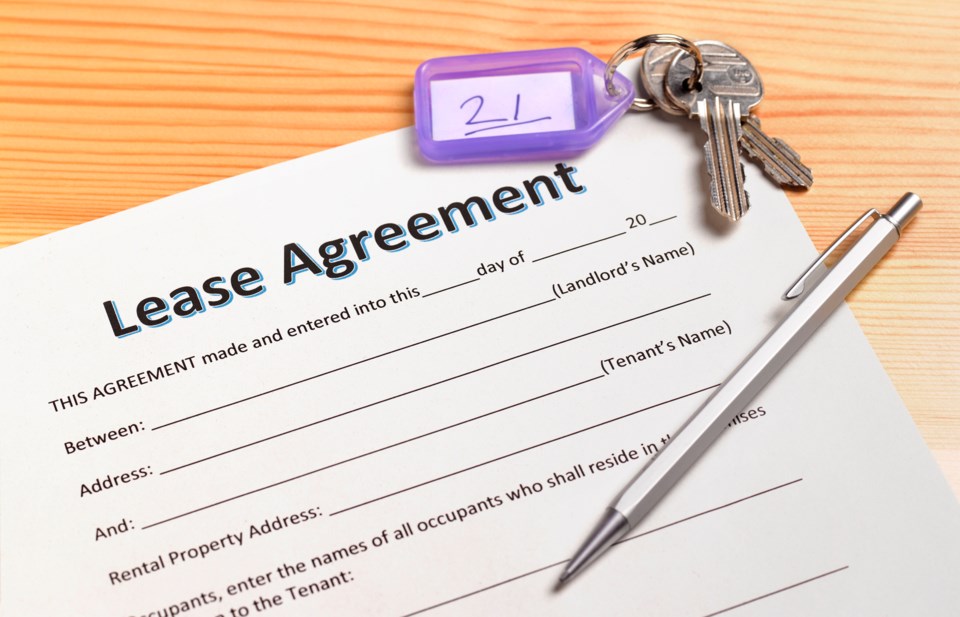Finding a place to rent in Prince George for less than $1,000 per month isn't easy and sometimes the costs are higher than advertised, due to added fees.
Unfortunately, most monthly fees on top of the rent are perfectly legal, according to lawyer Kyla Lee.
Even passing on fees for garbage and sewer are allowed, she explains.
"Garbage disposal fees are permitted because they are expenses (as city utilities in Prince George)," she says.
Landlords are also able to charge for things like common area cleaning and it effectively forms part of the rent (even if it is indexed as a separate fee). "Usually, these fees are clear from the start when you apply for a tenancy," adds Lee.
All additional fees should be clearly outlined before a tenancy agreement is even signed. However, if a landlord wants to eliminate free cleaning of common areas or free garbage pickup, for example, that would change a service under the lease and could give rise to a breach of the Residential Tenancy Act depending on notice or the circumstances.
The Residential Tenancy Act (RTA) and Residential Tenancy Regulation (RTR) lay out the fees that landlords can and cannot charge. For instance, Section 15 of the RTA and Section 5 of the RTR say that landlords cannot charge guest fees, application or processing fees, or replacement key fees if they are the ones to change the locks.
They may pass on service fees incurred from bad rental payment cheques or change pre-agreed-upon fees if a new roommate moves in, but that would need to be in the rental agreement to begin with.
Robert Patterson, a legal advocate and lawyer at the Tenant Resource and Advisory Centre (TRAC), says that when fees are not explicitly listed in the RTA and RTR they enter a kind of grey area.
As a rule, he says, if it looks unfair or falls into the realm of "unconscionable" (unreasonable and excessive) then there may be grounds to challenge it and he advises that a tenant seek legal advice.
What is considered to be fair and right in one tenancy may not be true for another, he explains. For instance, cleaning fees are generally considered acceptable by the Residential Tenancy Branch (RTB) but it depends on the wording of the agreement.
Disability and personal circumstances are also considerations that RTB arbitrators take into account when issuing their decisions in landlord-tenant disputes.



